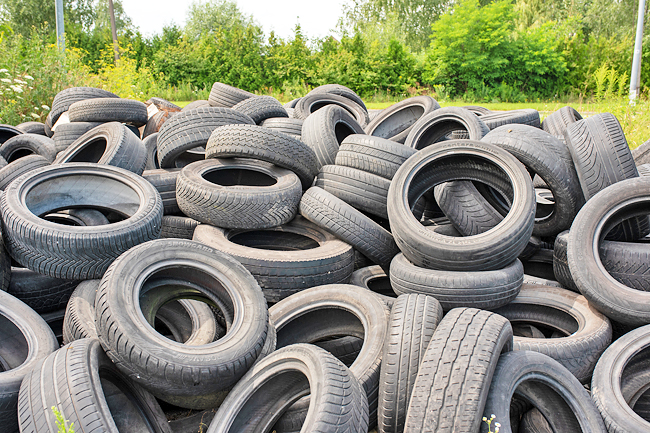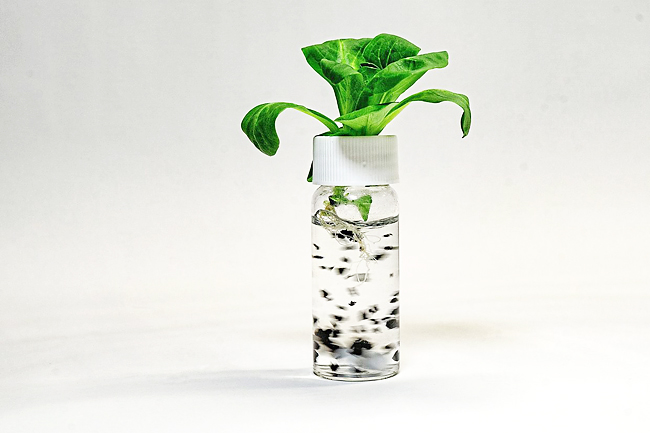THE STAR/DPA – Microplastics released into the environment by car tyres have the potential to accumulate in lettuce and other plants we eat.
This is according to a laboratory study that underlines the environmental threat posed by traffic pollution.
The researchers found that under laboratory conditions, the roots of lettuce are able to absorb additives contained in tyres.
Although the laboratory study findings are not immediately applicable to conditions in the field, it nevertheless suggested a potentially major problem caused by tyre wear, the scientists write in the Environmental Science & Technology journal.
“Half of the microplastics in the world come from the abrasion of car tyres,” said Thilo Hofmann from the Centre for Microbiology and Environmental Systems Science at the University of Vienna, Austria.
The problem is that the microplastics, which are emitted into the environment when car tyres create friction on the ground, can contain toxic chemicals.
These additives, which are added by tyre manufacturers to provide certain properties like better durability, are then washed into sewage treatment plants when it rains, for example.
This sewage is then often spread on fields as fertiliser, Hofmann explained.


This use of fertiliser is common practice in parts of Europe, the Middle East and North America, among other places.
Switzerland has already banned fertilising with sewage sludge, he noted.
Tyre abrasion microplastics can also get from roads to farmland by winds, according to the study. Six substances were examined during the research.
According to Hofmann, one of the additives, called 6PPD, is considered the reason for the death of almost all salmon in certain river sections on the northwest coast of the United States.
The microplastics from car tyres in this case are believed to wash into nearby waters when it rains.
It has not yet been established how toxic the substances examined in the study are for humans.
The researchers also identified substances that were produced from the ingested chemicals during the metabolism of the lettuce.
These are compounds with unknown toxicity that have not yet been described, they said.
To what extent there is a risk to humans and other living organisms now needs to be investigated in further analyses, the researchers said.
At the very least, there is good reason to urge the automotive industry to strive for more environmentally-friendly approaches to the making of tyres, Hofmann said.




